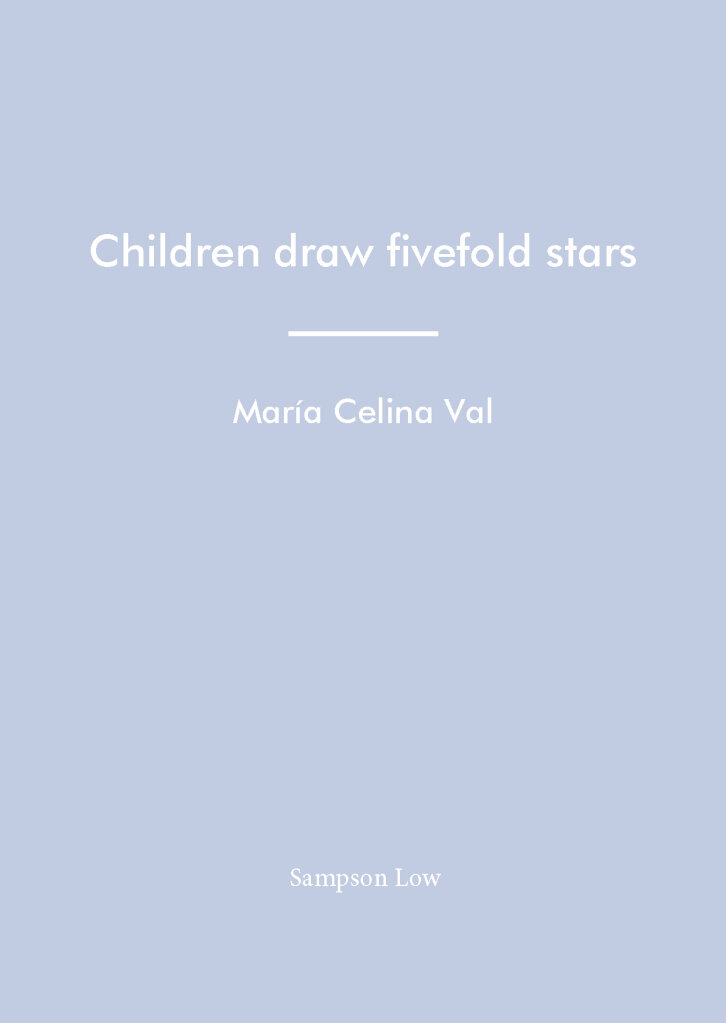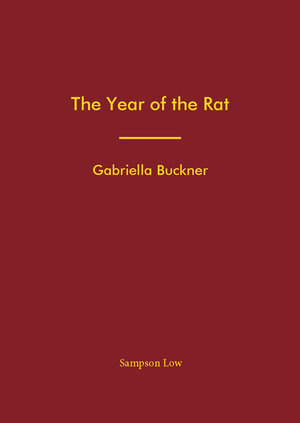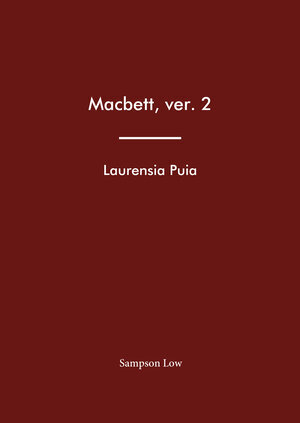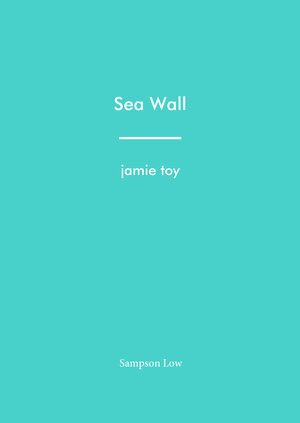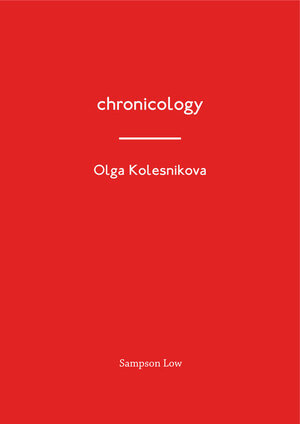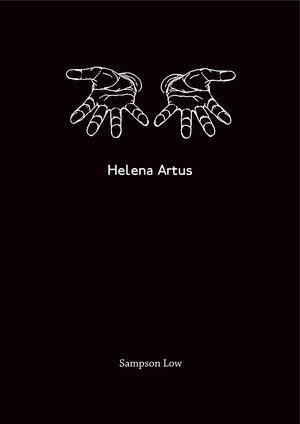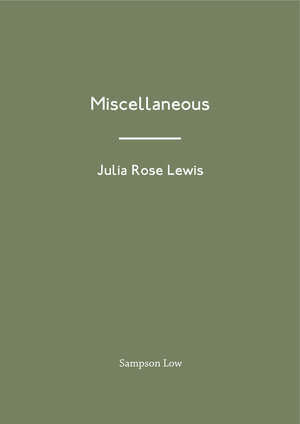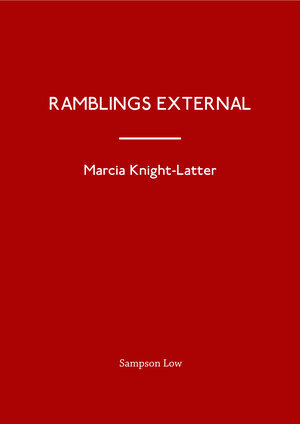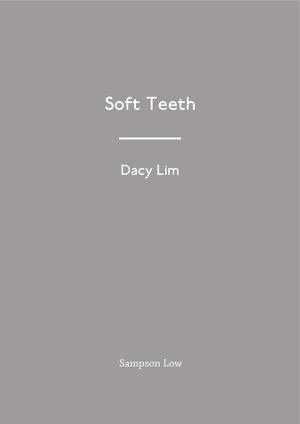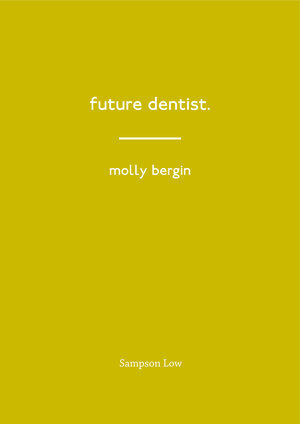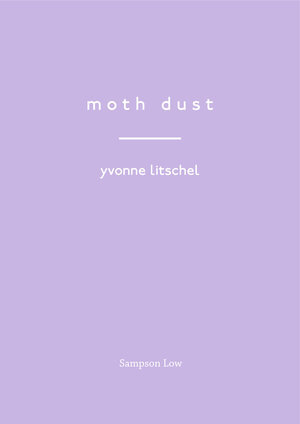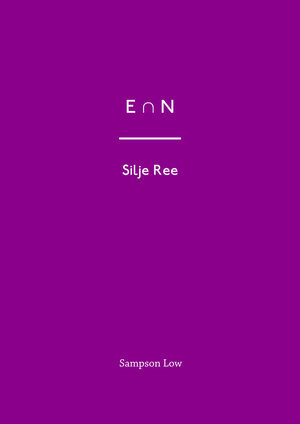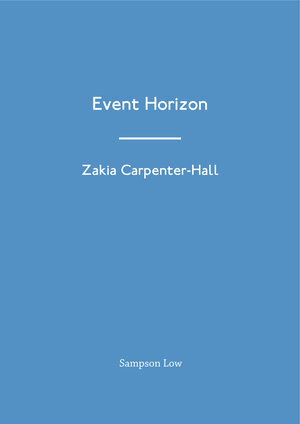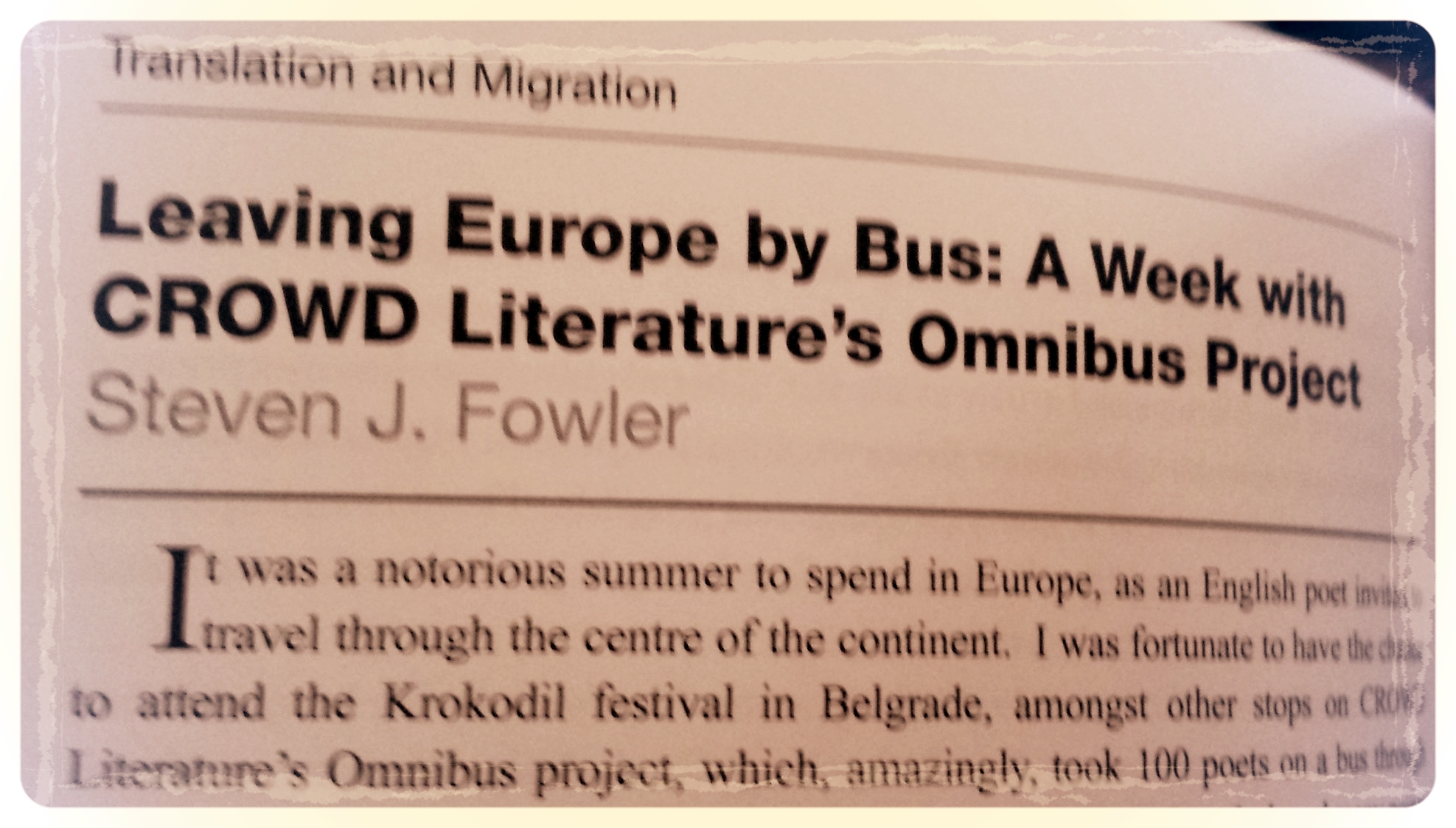Day Five – May 20th
We get snatches of the city in the mornings, walking down the river, and I veer out into the suburbs. The city is undoubtedly growing, older buildings propped up with girders, some rotting away, but being developed. What a time to visit – everything is here, everyone wants to talk, yet it is indelibly unique, I’ve never been to a place like it – it feels powerfully authentic. We have a huge late afternoon meal at a restaurant none of us could ever have found without the brilliant people behind the festival – Natasha Lomouri guides the festival beautifully, Nana Jandrieri. the matriarch of our daily lives and Davit, always spinning 20 plates. There are rounds of Georgian toasts, more writers join us, Edgar Karet, Dato Turashvili, Susan Shillinglaw. We eat until we’re immobile.
Back at the Writer’s House for the evening, every poet attending the festival will read one poem, everyone has had one poem translated into Georgian. The audience is large, but with the reading outside many are eating their dinner, still talking. I like this background noise, this diffused attention. I declare my allegiance to walnuts and drop to my knees as Davit reads my poem about a ‘newly deaf dolphin.’ I like to send this work to translators, proves a challenge, makes a new work in the new language. Great too to see Yasuhiro Yotsumoto, Sergio Badilla Castillo, Tadeusz Dabrowski, Kristian Carlsson, Yurii Andrukoych and others read. Eley, Luke and I have our farewell dinner, again in the Writer’s House. We talk intensely, as we have all week, hard to believe how quickly it has passed, but as always with these strange, bracketed, intense travelling weeks at festivals – the bonds are made strong.
Day Six – May 21st
With many poets departed, I have booked a few more nights in Tbilisi, staying on. This day I get to join an excursion out of Tbilisi and out into eastern Georgia, to Karkheti, through hills, to the brink of mountains, looking south and north as we go. It’s a bus of us, with Nana and more amazing volunteers. I am seated next to an irrepressible and charming woman called Salome, just 19, speaking perfect English, amongst many languages, and she talks to me all day. She is full of life, so enthusiastic and humble. So wonderful to meet Georgians of this generation. We visit a new Chateau made to look old, an ancient church, then the most ancient church. It is interesting, but not deeply absorbing for me, I’m more taken with the general history, the people on the bus and the stray dogs in the countryside, melancholy, friendly creatures, and the views, which are stunning. I’ve always wanted to visit the Caucasus, from reading Hadji Murat on, from wrestling with Caucasians in London. It is everything I hoped. The women on the bus burst into song, three generations. They have beautiful voices and all know the same songs, and frequently halt into laughter between numbers.
We visit Tsinandali, where Alexander Chavchavadze lived, a famous Georgian aristocratic poet, and Lermontov visited, amongst others, and walk the grounds. Free wine tasting leaves me and driver the only sober ones. The songs go up in volume. I am only a little scared. Then onto another huge dinner. They always accommodate my not drinking alcohol and my being vegan, with curiosity. The food is amazing. The 19 year old women and the 60 year old women all smoke around the table, in the restaurant. More toasts. The drive back to Tbilisi is sleepy but doesn’t make a dent in Salome’s energy. She is practising her English with great verve. It’s dark when we rejoin the city.
Day Seven – May 22nd
My last day in Tbilisi. I’ve acclimatised, have my favourite spots and can finally sleep a bit. I know what I want to do, the only day I’ve been alone, and that’s to walk for hours on end. I head down to the famous art market, beneath a bridge, next to the river and spend all morning talking to young artists, who exhibit each Sunday, and antique sellers. I walk up to join Rustiveli street and walk its length for over an hour. Thousands of faces pass by, a mass of human movement, catching eyes with many, music in my ears. I walk to the zoo, made infamous last year as animals escaped after a flood, most famously, the hippo. I formed this story into my collaboration with Luke a few days before, much to students delight. The zoo is half empty of animals, but those there have space and it seems for children more than adults, as it should be. Again people talk to me randomly, freely, with a real kindness. I come closer to a rhino than I should be allowed to me, and pet its horn. Beautiful to be alone here.
I walk back into the city, trying to get partially lost. I discover a disused water park and then climb back to Rustiveli street before visiting the Modern Art Museum, with a retrospective of Tsereveli. I cross Freedom Sq and begin to climb the hills east of the city, wanting to be high above, at the feet of the giant statue of an iron woman. wine and a sword in her hands. I sweat to reach her but the views are stunning. I sit and watch the city for a long time.
My last hours in Tbilisi are spent over dinner with the Swedish poet Kristian Carlsson. A Swedish project looms. He tells me about his publishing house, his work with refugee writers in Malmo as we try and decipher some abstract translations on the menu. The last page of the menu is for cigarettes. Both of us are marked by the city, by Georgia itself, by its people. Kristian orders a ‘sweet barbecue’ and gets roasted sunflower seeds and eats them while smoking. We say farewell and I have to jog back to the apartment I’ve rented in a torrential downpour. In between sprints I hide in doorways, and under bus stops, and under the lip of a soviet era train station. In more than half, someone asks me where I’m from and says how much they love London when I answer. Me too, but Tbilisi is something London will never be.



